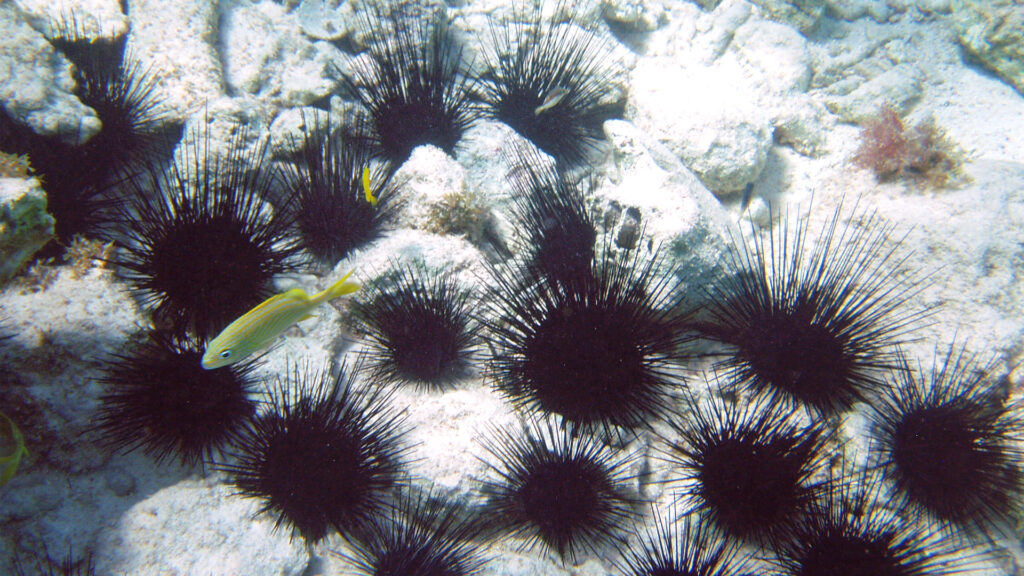A roundup of news items related to climate change and other environmental issues in Florida:
What’s to fear about warming oceans? Flesh-eating bacteria | NBC News
Potentially deadly infections from a type of flesh-eating bacterium could significantly increase in the decades ahead as climate change causes oceans to warm and helps the organisms spread into new coastal areas.
A study published Thursday in the journal Scientific Reports found that infections caused by Vibrio vulnificus along the eastern coast of the U.S. could double in the next 20 years, particularly as warmer sea surface temperatures enable the flesh-eating bacterium to thrive in waters farther north than ever before.
While V. vulnificus infections are still rare, the findings provide further evidence of how human health and the health of the planet are inextricably linked. The study also adds to a growing body of research on the public health risks that are associated with changes to ecosystems and the environment.
Sea urchin die-off threatens reefs from Florida to Caribbean. Scientists hope to revive them | Miami Herald

These days, long-spined sea urchins are known as the gardeners of the sea. They tend the algae on the coral reefs they call home, making sure it never overwhelms their hosts. Spotting one on the Florida reef tract is a good sign that nearby corals are doing OK.
Decades ago, their reputation was a little different. They were viewed as damaging nuisances — to divers and to reefs.
The first time marine scientist Don Levitan saw the reefs near the U.S. Virgin Islands, they were blanketed in black — the coral covered by thousands of urchins spiked with sharp, poisonous spines.
Environmental groups decry Legislature’s move to discourage citizens’ growth plan challenges | Sarasota Herald-Tribune
Environmental advocates warn that the Florida Legislature is considering bills that would have a “chilling effect” on citizens’ ability to challenge their local governments’ plans for their communities’ growth and development.
Florida residents can sue their city or county after they make changes to their long-term growth plans (also called a comprehensive plan). But under bills progressing through the Florida House and Senate, the prevailing party in these lawsuits would be able to make the losing side pay their attorney’s fees.
“This would be the death knell – basically the nail in the coffin − for anyone who’s thinking about challenging inconsistent, irresponsible development in the state of Florida,” said Jane West, 1000 Friends of Florida’s policy and planning director.
If you have any news items of note that you think we should include in our next roundup, please email The Invading Sea Editor Nathan Crabbe at ncrabbe@fau.edu.



